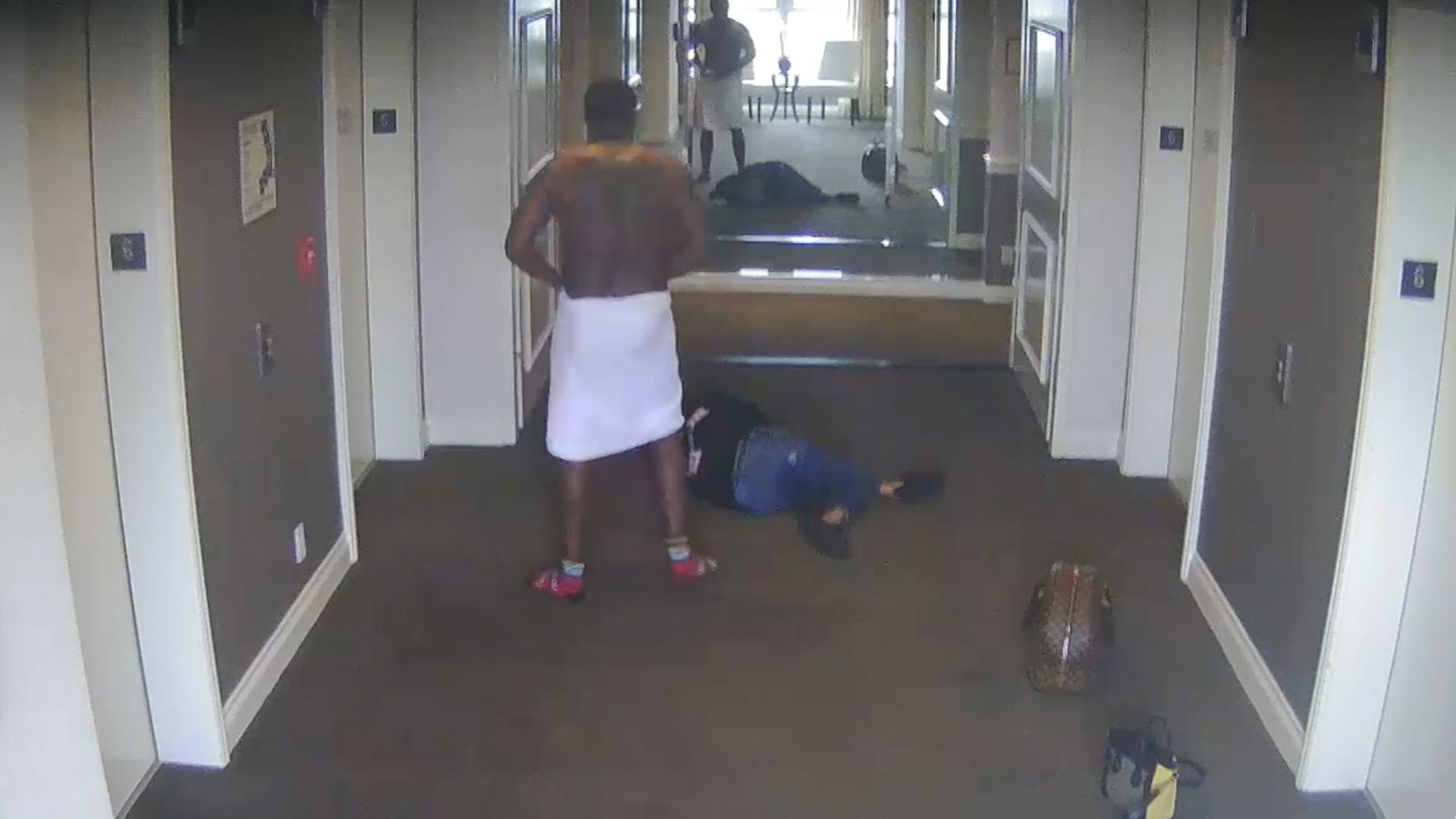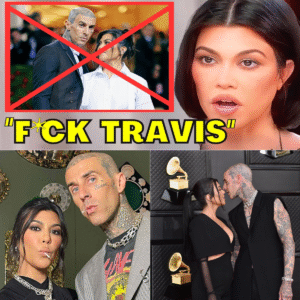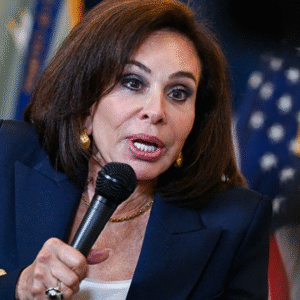Behind Bars with Diddy: Rumors, Realities, and the Shadowy Side of MDC Brooklyn
In the dim corridors of Brooklyn’s Metropolitan Detention Center (MDC), where mold clings to walls and the air reeks of neglect, Sean “Diddy” Combs—once the undisputed king of hip-hop excess—has spent over a year grappling with a stark new reality. Arrested on September 16, 2024, on federal charges of sex trafficking, racketeering, and prostitution-related offenses, the 55-year-old mogul was denied bail multiple times, including a staggering $50 million offer secured by his properties and assets. His trial, which began in May 2025, culminated in a partial acquittal: cleared of the most severe racketeering and trafficking counts but convicted on two charges of transporting individuals for prostitution. On October 3, 2025, U.S. District Judge Arun Subramanian sentenced him to 50 months in prison—over four years—crediting time served to potentially allow release in under three. As Combs returned to MDC, whispers of “special treatment” clashed with tales of brutality, fueling viral TikTok videos and X posts that paint a prison life as surreal as a bad remix.

MDC Brooklyn, the federal lockup infamous for housing high-profile inmates like R. Kelly and Sam Bankman-Fried, has long been dubbed “hell on earth.” Federal investigators in October 2024 launched a joint operation to curb violence, prompted by a litany of horrors: two inmate homicides, gruesome stabbings, and assaults so severe they fractured eye sockets. Combs’ lawyers have decried the facility as “inhumane,” citing constant suicide watches that jolt him awake every two hours for ID checks, no fresh air in 13 months, and rampant vermin. In a chilling escalation, during sentencing, defense attorney Brian Steel revealed an inmate once held a shank to Combs’ throat—thwarted only by intervening guards—highlighting how sex crime convicts become targets for “prison justice.” “It could have been my mom, my auntie, my daughter,” explained former inmate insights, underscoring the visceral inmate backlash.
Yet, amid this grim tableau, social media has erupted with rumors of a gilded cage for the fallen star. A blurry TikTok clip purporting to show Combs pedaling an exercise bike in the prison yard garnered millions of views, sparking debates: Is that really him, clad in standard brown inmate garb, flashing a grin? Skeptics point to MDC’s monotony—6 a.m. headcounts, lukewarm “jailhouse lasagna,” and limited rec time in a vermin-infested gym—as far from VIP. But the juiciest gossip swirls around alleged “special favors.” Whispers claim Combs has cultivated a posse of inmates who make his bed, smuggle snacks, and even lend cell phones for witness tampering—a federal no-no that prosecutors say he attempted pre-arrest. One unverified report suggests he’s bartering canned goods as “currency” in a makeshift economy, evoking his pre-jail empire of bottle service and backroom deals.
The scandal’s fever pitch hit with viral claims of intimacy behind bars—specifically, Diddy cozying up to female guards. X and TikTok overflow with grainy, unverified clips allegedly capturing flirtations or worse, too explicit for mainstream platforms like YouTube. “Snow bunny” jabs—a crude nod to interracial hookups—have trended, with skits parodying male inmates charming officers for contraband. Former YouTuber Porsche Louderder, drawing from personal prison stints, warns of the ubiquity: “Female officers get crushed by smooth-talking inmates… it’s illegal, but it happens—smuggling, relationships, the works.” In women’s facilities, she notes, male guards wield even more sway, trading favors for “commissary, money, gang ties.” Dublin Federal Correctional Institution in California shuttered in 2024 over rampant guard-inmate affairs, forcing witness testimonies as recent as September 2025.

Rapper Lady Pers echoed this on a podcast, decrying weekly guard dismissals in women’s prisons: “They’re men—why station them there? In California, inmates get what they want: phones, commissary, even escapes.” At MDC, thin walls riddled with holes enable cross-unit chatter, including between male and female wings, amplifying temptations. For celebrities like Combs—charismatic, wealthy, connected—the allure spikes. “Guards around stars? Temptation’s 200% higher,” opines one ex-inmate in a TikTok confessional, standing defiantly outside his cell: “One date with me, and your life’s over.” Prosecutors have flagged MDC’s history of guard-on-inmate sexual assaults, bolstering Combs’ team’s pleas for house arrest with therapy—arguing prison stifles “professional help.”
Combs’ defense has grown audacious, pushing to dismiss charges by framing his alleged “freak-offs”—drug-fueled orgies—as protected free speech akin to adult filmmaking. Critics scoff: How does drugging and assaulting women square with First Amendment shields? Meanwhile, flashbacks to his opulent past—white-sheeted lawn parties for “group hangs”—clash with today’s shank threats and paranoia breakdowns. Post-acquittal in prior cases, threats allegedly targeted rivals like 50 Cent via social media extortion. Initially suicide-watch bound in protective isolation, Combs shifted to general population—a nod to perceived stability, per insiders.
As of October 25, 2025, Combs faces post-release strictures: supervised therapy, no-contact orders with victims, and a $100,000 fine. The judge’s words at sentencing rang clear: This term sends a “message to abusers and victims alike that exploitation and violence against women is met with real accountability.” Yet, in the echo chamber of social media, rumors persist—fodder for skits, debates, and doxxing. Have you seen the clips? Do they ring true, or are they just digital smoke? The power dynamics at play—guards’ authority over vulnerable inmates—demand scrutiny beyond celebrity schadenfreude. MDC’s overhaul is underway, but for Combs, the real remix is survival: from Bad Boy throne to Brooklyn bars, where every shadow hides a shank or a secret.





